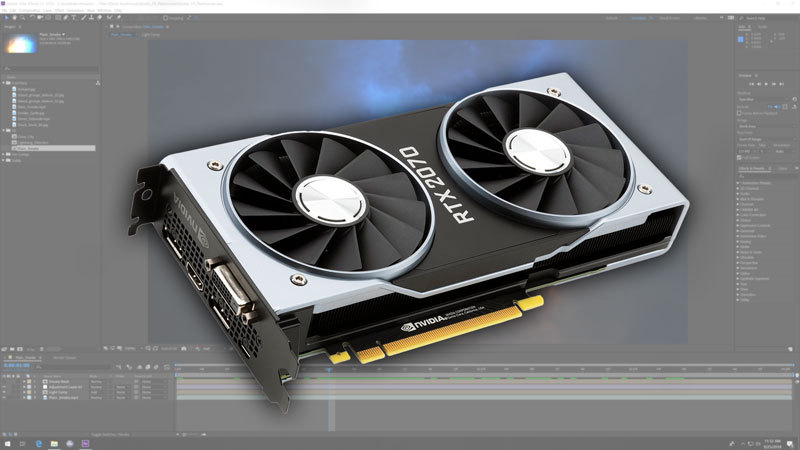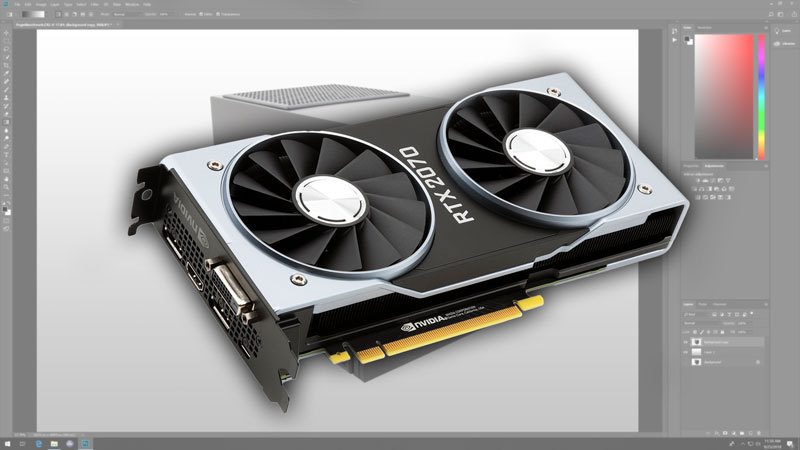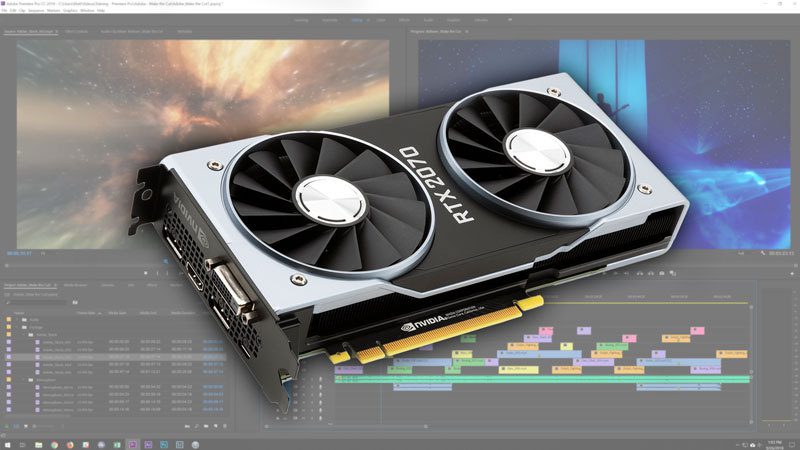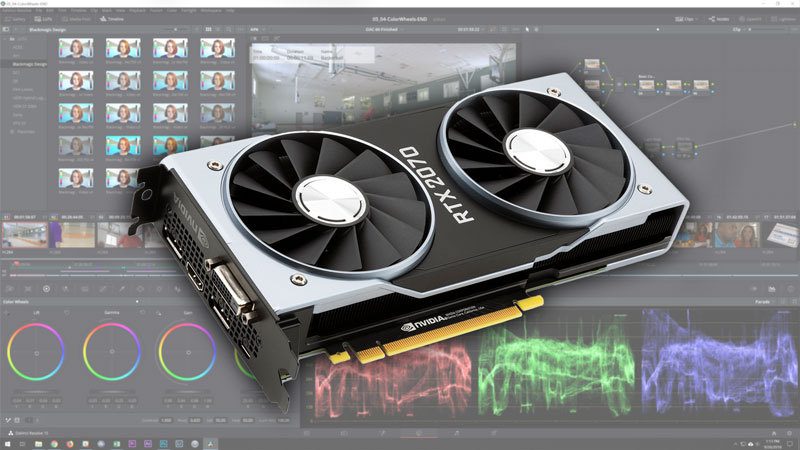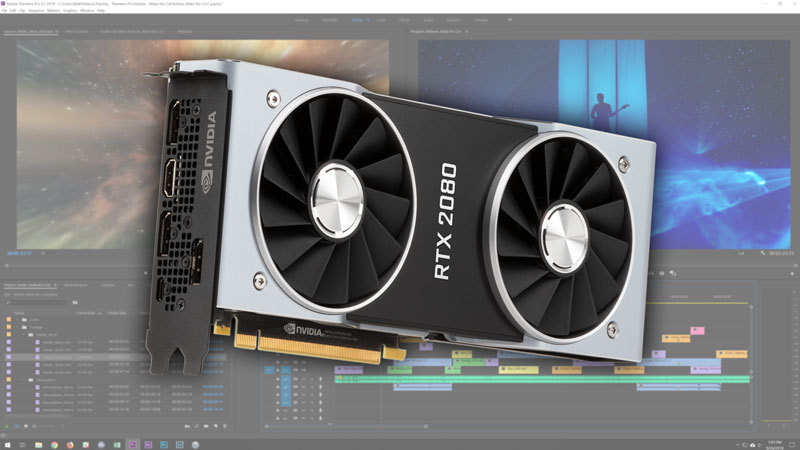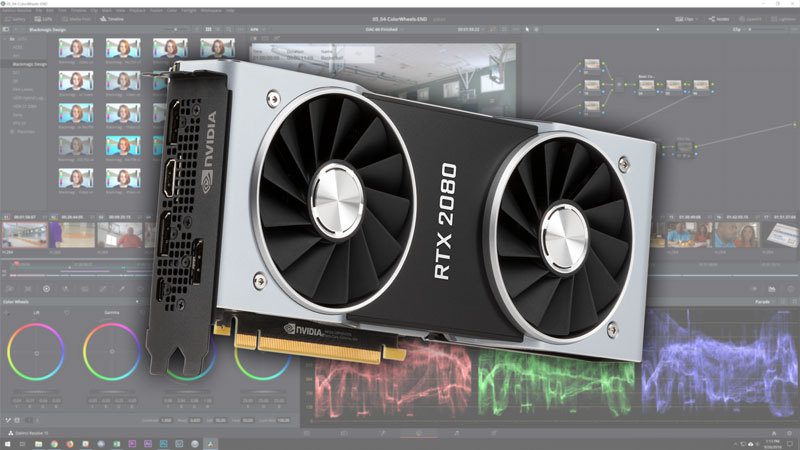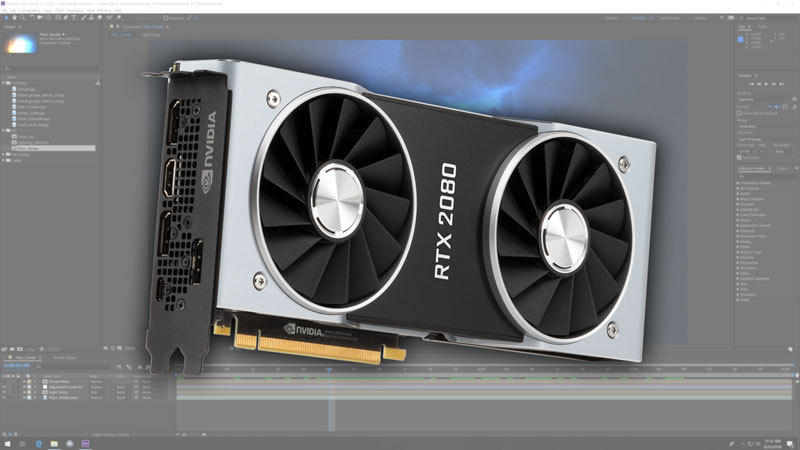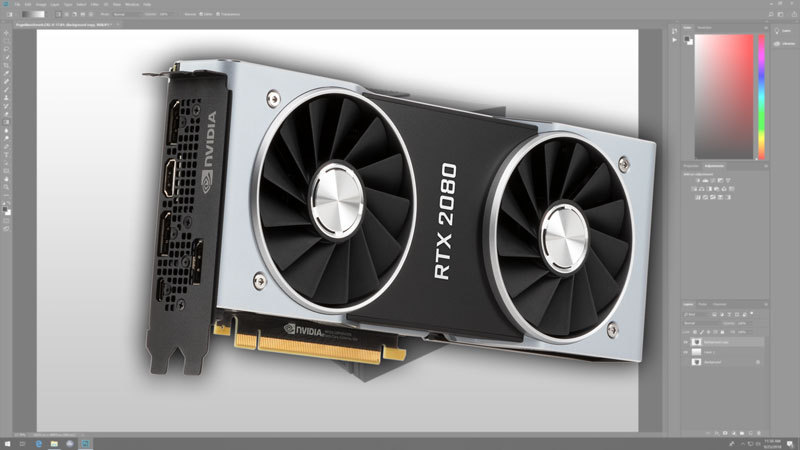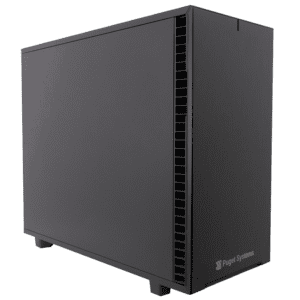Pix4D is an advanced photogrammetry application, suited to a wide range of uses, with a focus on handling images captured by drone cameras. Processing of those images into point clouds and 3D meshes / textures is time-consuming, heavily using a computer’s CPU and GPU. A new version, 4.3, was released recently – so we have tested multiple projects across the new GeForce RTX series of video cards, as well as the previous generation, to see which graphics card performs the best.

